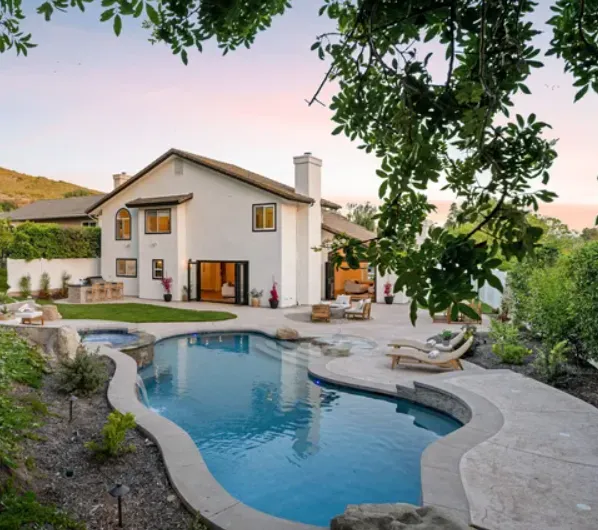Finding the right home insurance is crucial for homeowners in Arizona, and it can often feel overwhelming, especially if it’s your first time navigating the world of homeownership. With a range of options available, it’s important to understand the basics of home insurance and how to find a policy that offers the protection you need. Here’s what you should know to get started with home insurance in Arizona.
Is Home Insurance Required in Arizona?
In Arizona, home insurance is not a legal requirement if you own your home outright. However, if you have a mortgage, your lender will almost certainly require you to carry home insurance to protect their investment. Even if you pay for your home in cash, it’s still highly recommended to have coverage to protect against potential damage.
While it’s not mandatory, home insurance offers peace of mind by covering the costs of damage to your property. Arizona’s extreme weather conditions, from scorching heat to freezing cold, can take a toll on your home, especially if it’s in a more rural or isolated area. Home insurance can provide protection against these risks, making it a worthwhile investment for homeowners in the state.
What Is the Average Cost of Home Insurance in Arizona?
The average annual cost of home insurance in Arizona is approximately $1,189. This is an average cost and may vary based on several factors. For example, the age and condition of your home, your location, and the coverage limits you choose will all impact your premium. Many homeowners choose to pay monthly, which can make budgeting easier and prevent a large upfront payment.
Keep in mind that while $1,189 is the average, your costs may be higher or lower depending on these factors. It’s essential to shop around and compare policies to ensure you’re getting the best coverage for your needs at a price you can afford.
What Does Home Insurance Cover?
A standard home insurance policy typically covers damages caused by natural disasters or accidents, such as storms, fires, or vandalism. It will protect your home’s structure and its contents, including furniture, appliances, and personal belongings. If a tree falls on your house or if your property is damaged by a dust storm, your insurance should cover these costs.
However, it’s important to note that home insurance policies typically don’t cover damages caused by negligence or lack of upkeep. For instance, if the damage is due to poor maintenance or failing to repair issues in a timely manner, it may not be covered. Most policies are designed to protect against unexpected or natural events rather than issues that arise from neglect.
If you live in an area prone to specific risks, like earthquakes, you may need to purchase additional coverage, as these events are typically excluded from standard policies. Similarly, if you need coverage for things like mold damage or outdoor structures, you may need to add those specific coverages as well.
First-Time Homebuyer? Here’s What You Should Know
If this is your first time buying a home, your experience may differ from seasoned homeowners. One key difference is that home insurance costs are often included in your closing costs or rolled into your monthly mortgage payments. This can make the process smoother, as you won’t have to worry about paying for home insurance separately. However, be sure to check exactly what your insurance covers, as some basic policies may not cover everything you need.
Next Steps in Securing Home Insurance
Once you’ve found the perfect home, the next step is to find an insurance provider. Having a trusted professional by your side can make the process much easier. They can help you navigate the details of the insurance policy and ensure you get the best coverage for your specific needs. If you’re still house-hunting, take your time to focus on finding the right property before worrying about insurance.
Ultimately, getting the right home insurance will provide you with peace of mind knowing that your home and personal belongings are protected, no matter what life throws your way. With the right coverage in place, you can enjoy your new home without worrying about the financial impact of unexpected events.




